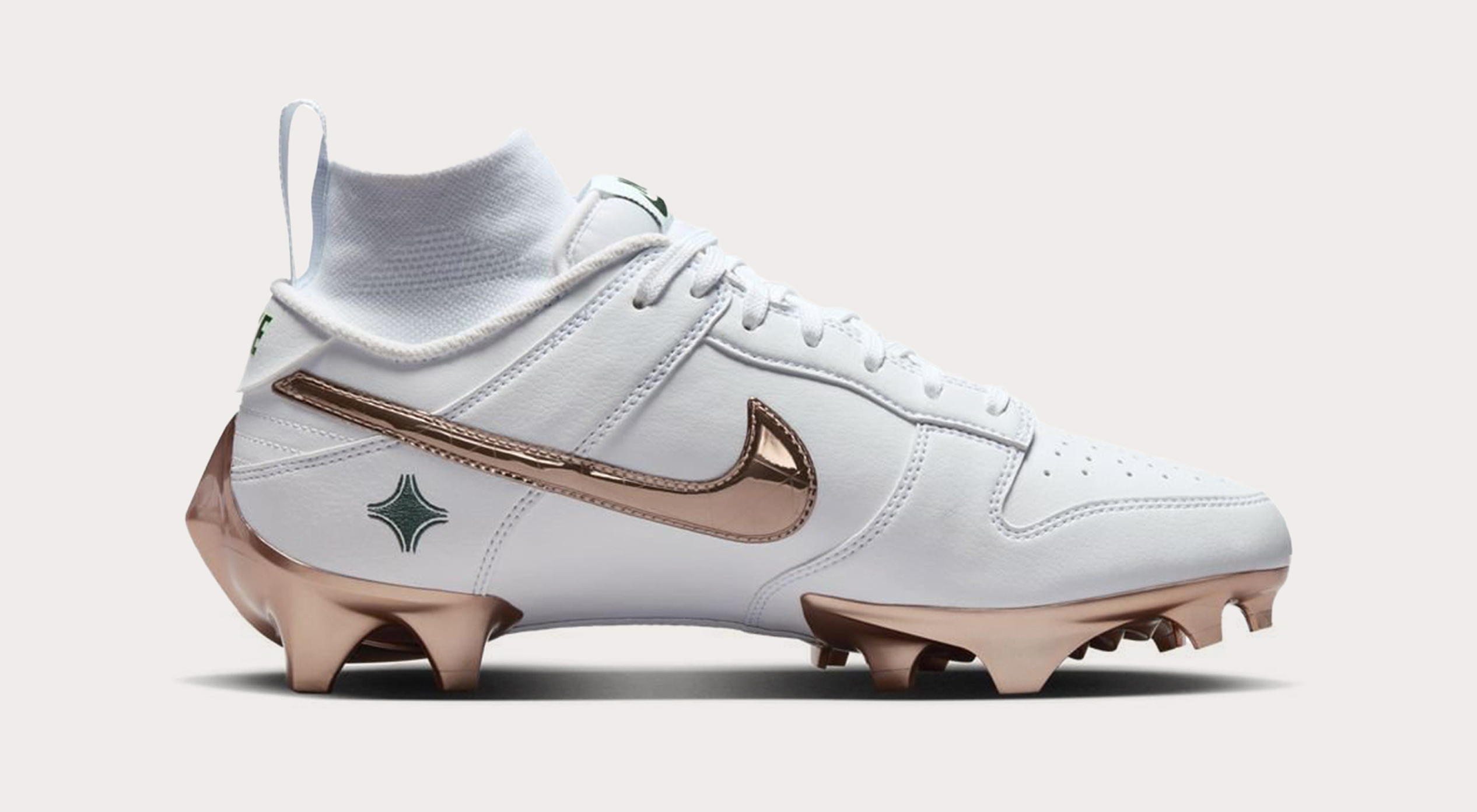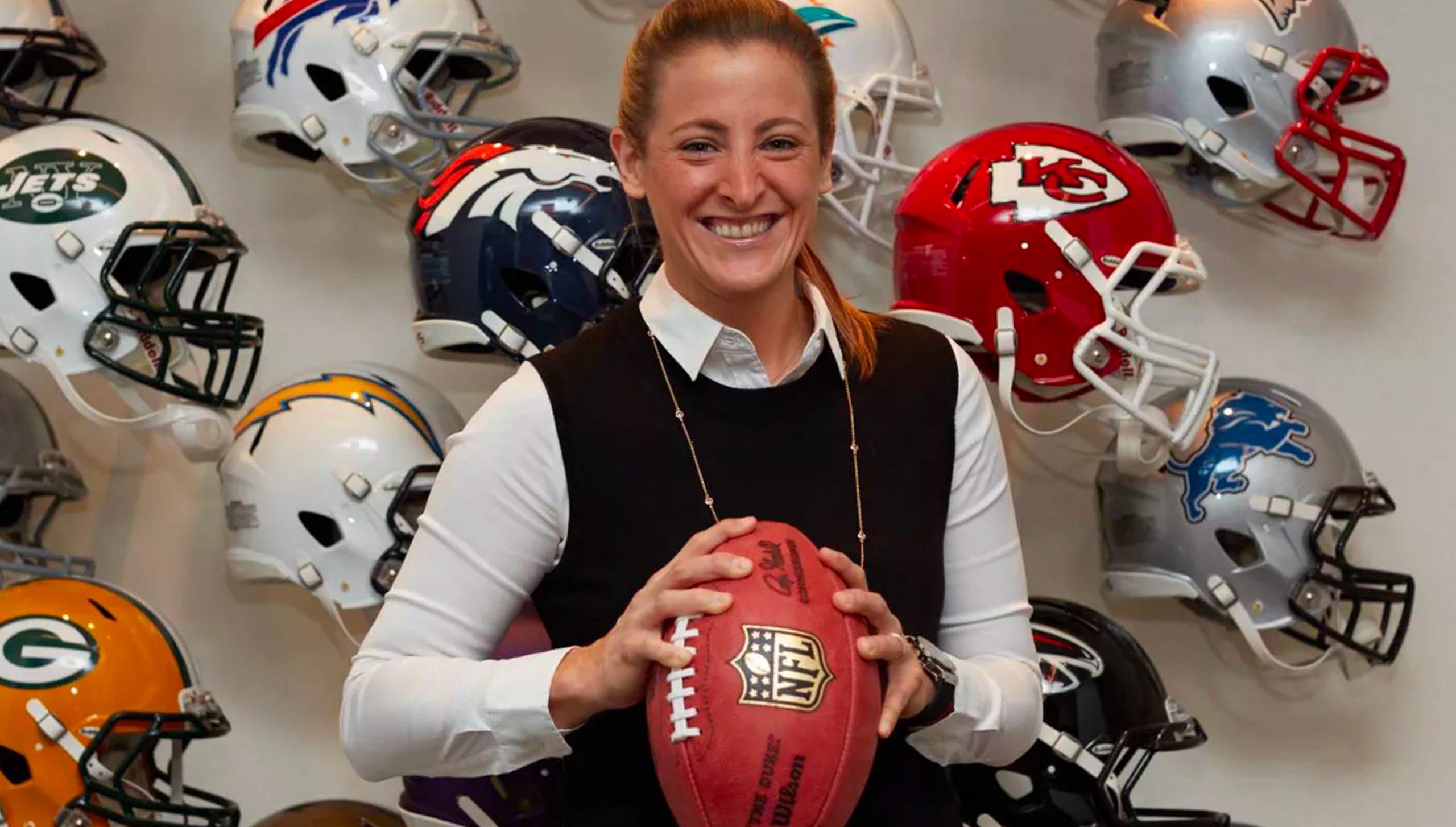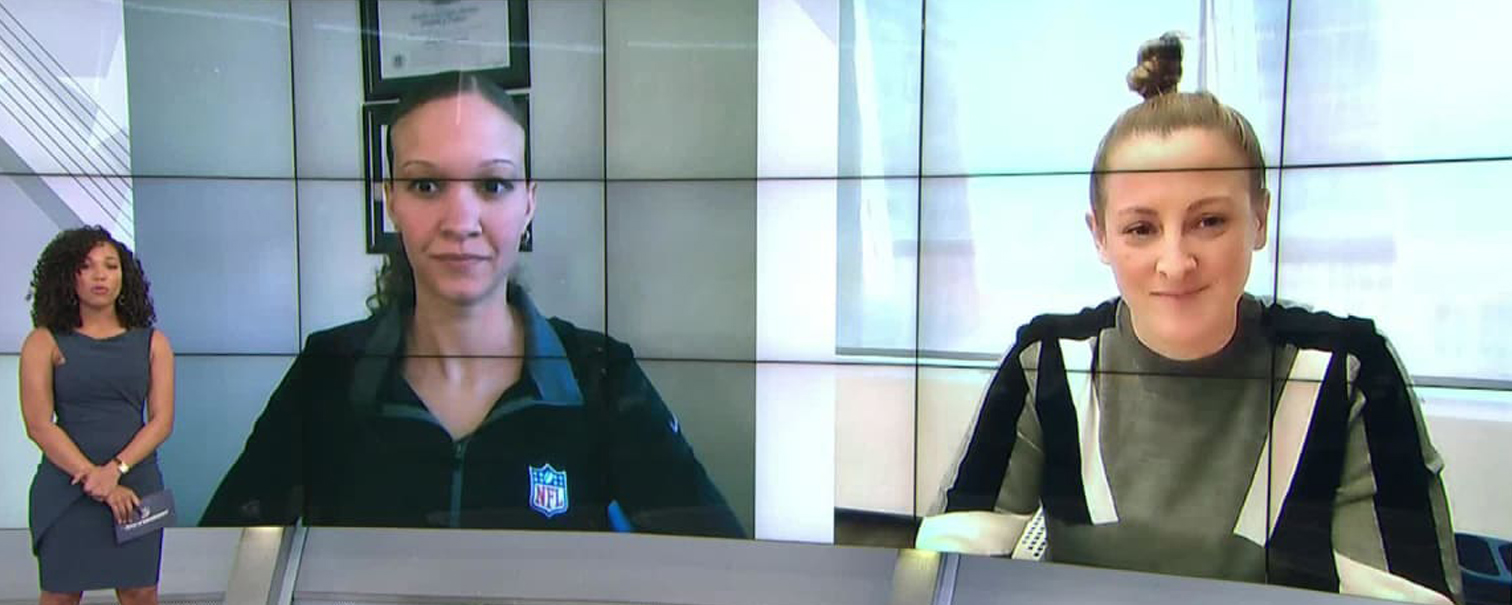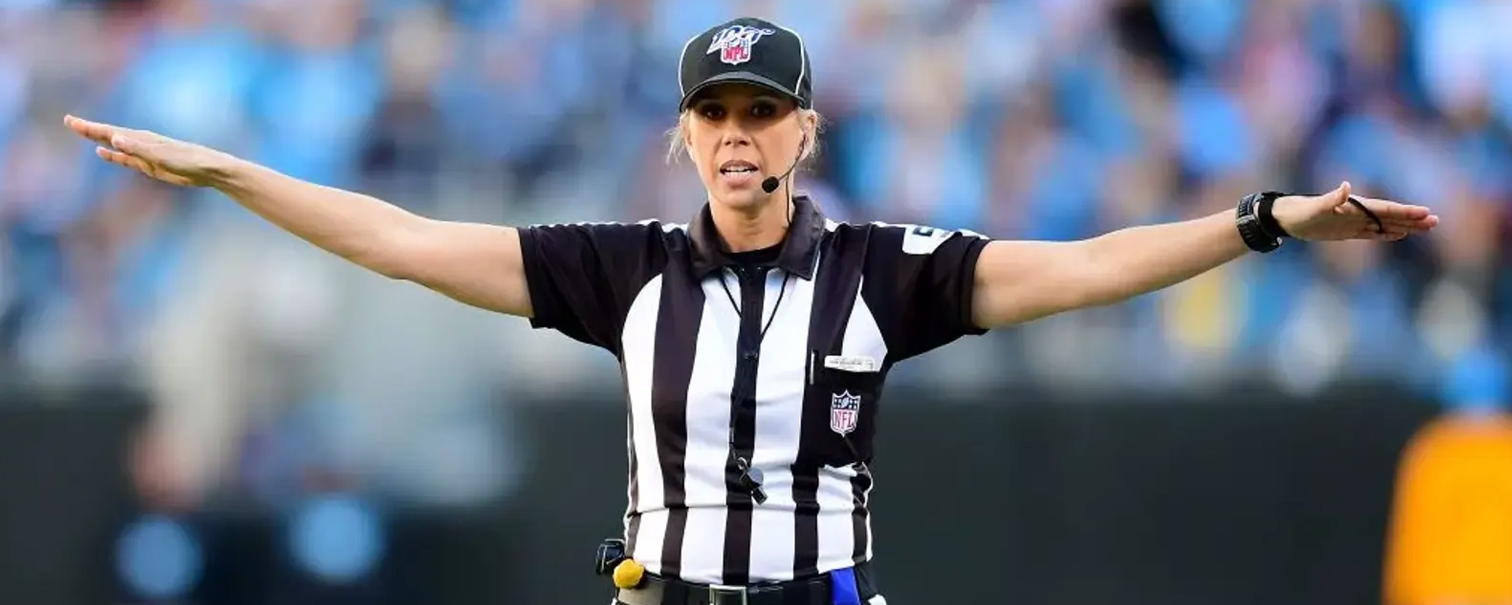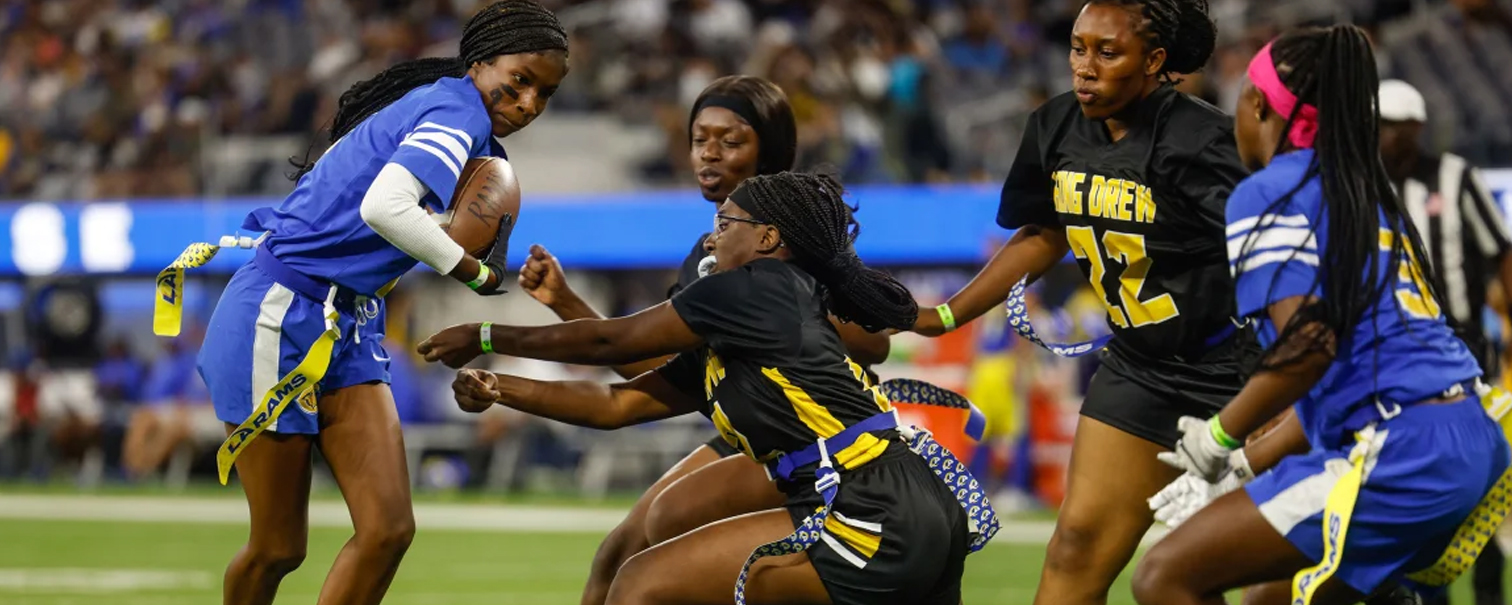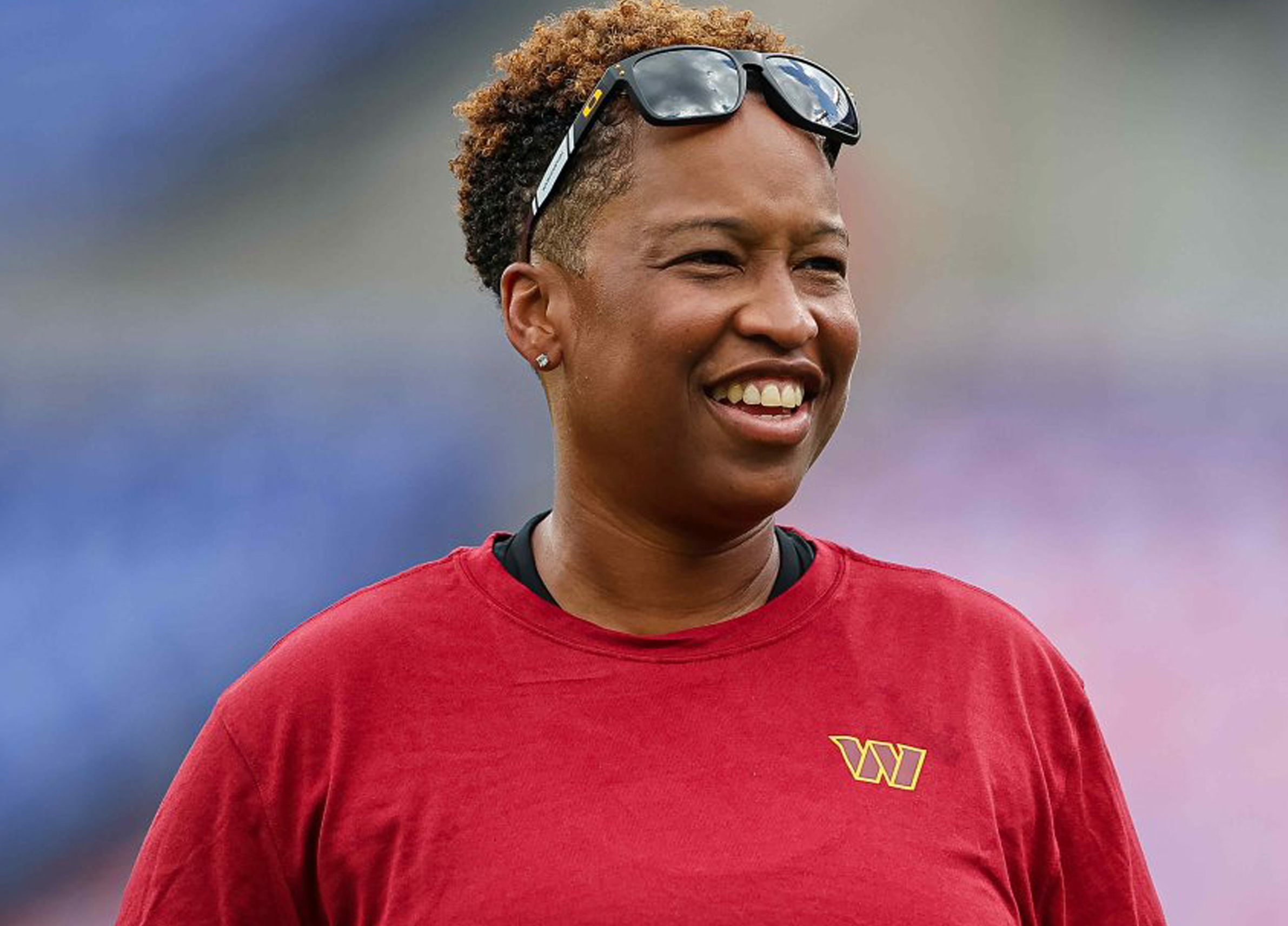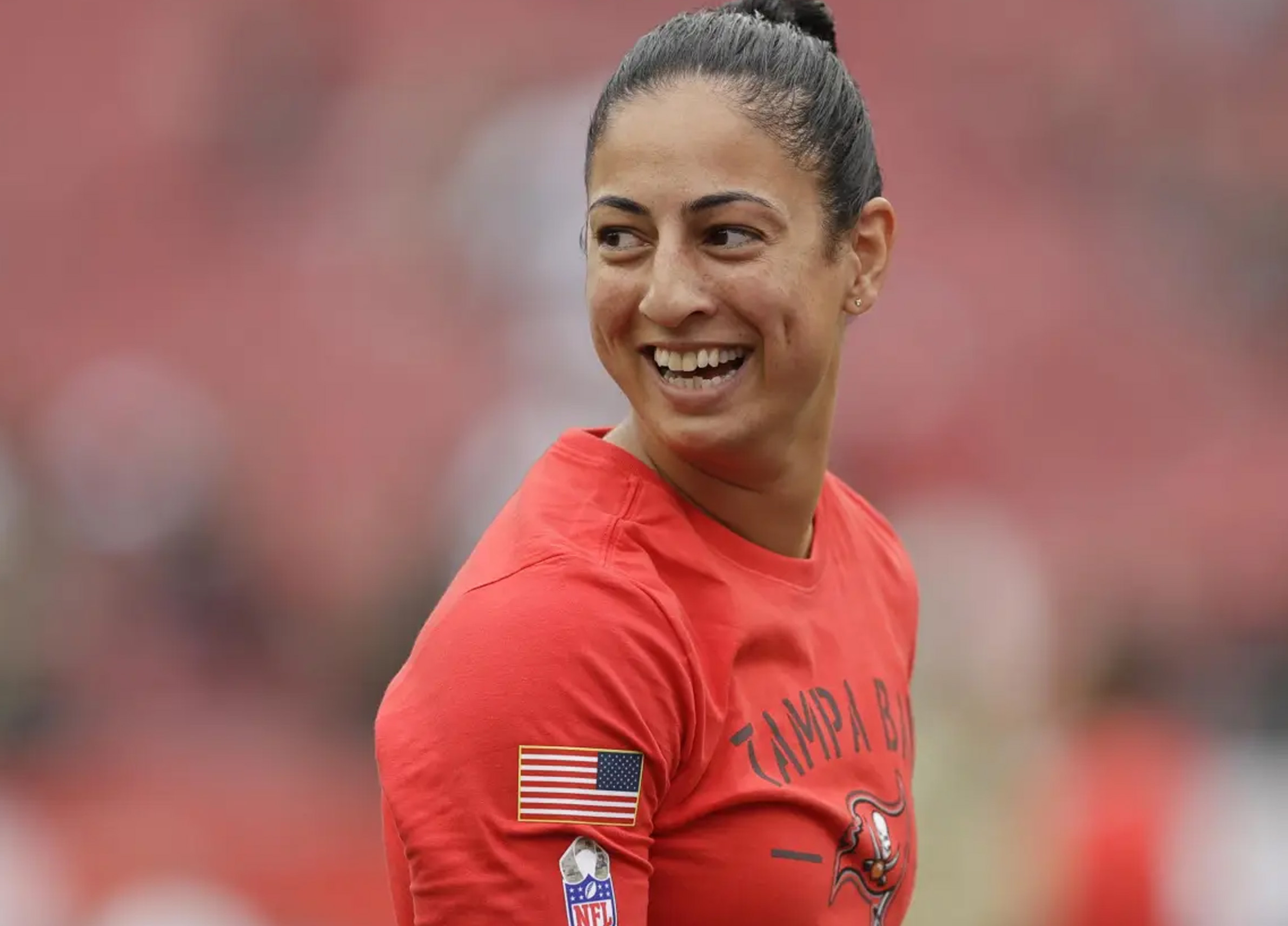VH: I’m 100% with Sam. And I think the great part too about the intentionality is with Coach Arians, every coach on his staff, wherever they go next, they’re very accustomed to having a woman on staff. They see the importance of it, they see the benefit of it and they can go build their staffs the same way. There’s an effect of being in that environment with Coach Arians and taking that intentionality elsewhere.
SR: That butterfly effect is exactly why we may be reaching a tipping point because those coaches are going elsewhere. Look what happened with Sean McDermott when he left Carolina under Coach Rivera, they first thing he did in Buffalo was make sure his staff was balanced. It really spreads that way.
MJ: What about the intentionality when it comes to hiring women of color? Has that been more prioritized in the past year or so?
SR: We’ve always had those goals for the representation of women in our programming and one of the things we learned through a lot of research is that if you execute gender equity programs without an intentionality around women of color, and specifically Black and African American women, that white women are the beneficiaries, that white women are the ones to get the jobs and interviews because there’s the most familiarity with white men. So we have a strong intentionality on that and internal goals with the bare minimum percentage of all demographics of women within the program. We’ve had those goals and haven’t had a problem.
We’re proud of that element of the program and we’ve talked to the other sports leagues about that same intentionality because I’ve seen time and time again panels of all white women, programs of all white women and the disadvantage that it puts all other women, it’s exponential, and hurts their progress so it’s a critical component to the program for sure.
MJ: You have Calliie Browson who is the Kevin Stefanski’s Chief of Staff at the Browns, Katie Sowers who coached in the Super Bowl and again it seems like every day you guys are announcing another woman who has been hired in a scouting or football ops role. Have you succeeded?
SR: NO, DEFINITELY NOT.
MJ: Sorry, didn’t mean to offend you there.
SR: [Laughing] No not at all, it’s just when we get credit for these things it often doesn’t feel like we’ve reached success yet, we’re not resting on the small amount of success we’ve seen. We want to get so many firsts out of the way – they’re incredible to celebrate but then to move on from them. We have not had a female general manager. We’ve not had a female assistant general manager. We feel like there’s so far to go and that’s why the strategic model around the sustainability and butterfly effect of this is so critical because we want this to infiltrate all levels of football and not just entry level which is where we predominantly focus. V, I really want to hear from you. I feel like we’ve scratched the surface and if we’re in this role for another 15 years, we’d just keep achieving and achieving.

